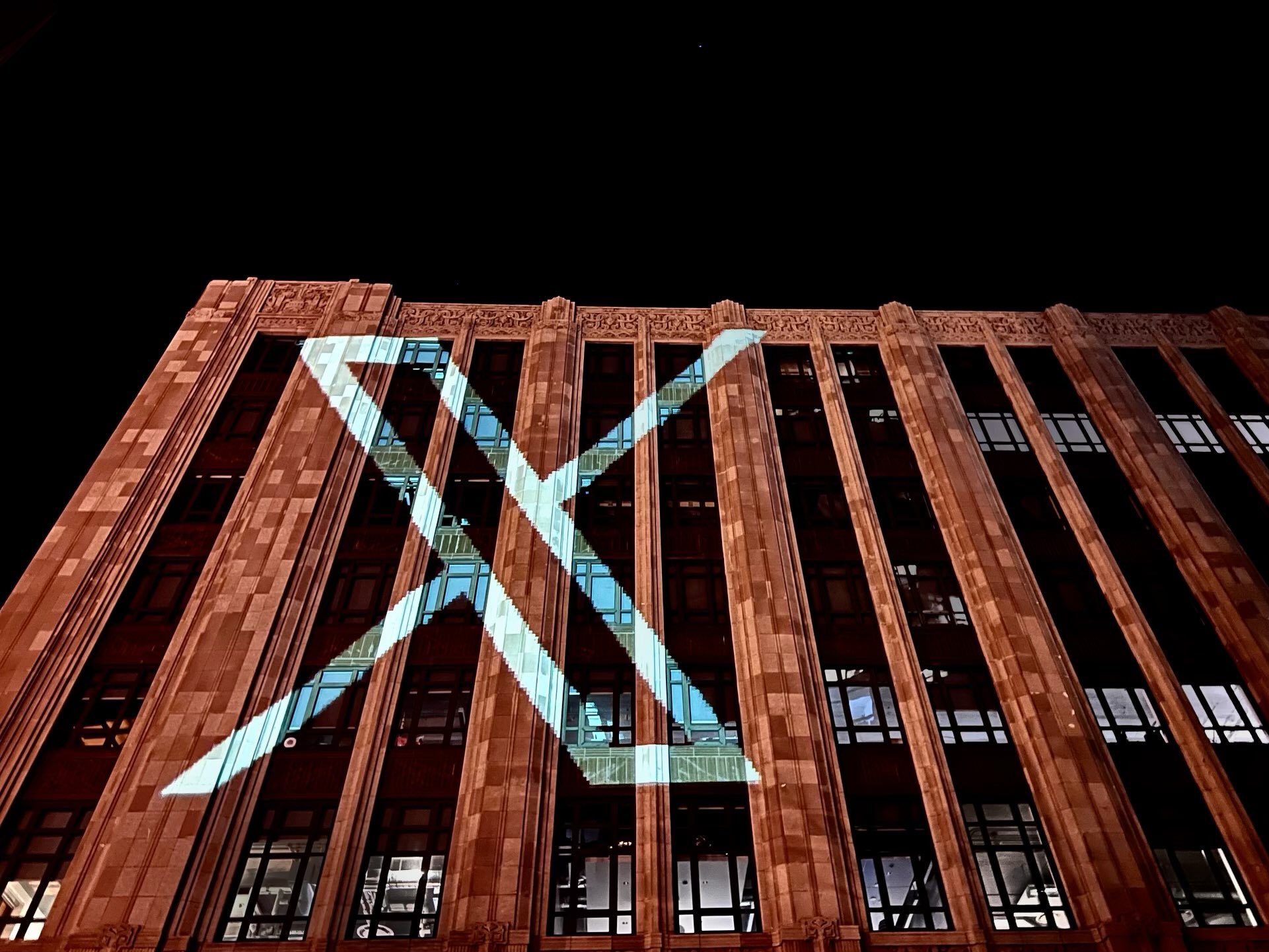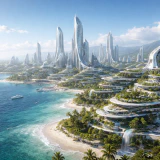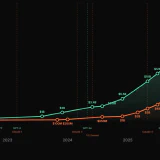What Is Elon Musk
I’m a bit tired of how people let their existing opinion on Elon paint their entire image of him yet I myself struggle to define his actions.

Too often, we see two distant sides of the spectrum and nothing in between.
Some people (often with blue checks on Twitter) believe he is the most successful businessman on Earth, and we’re literally months away from using Twitter (sorry, X.com) to run our financial lives. That he will finally build the WeChat of the West.
Others believe he’s a rich trust fund kid who stumbled into founding many successful companies changing their industries. These people tell you that he merely invested in Tesla and not found it (which is true, but Tesla didn’t really have much except a great brand and a complicated captable), that SpaceX engineers are the actual heroes lifting all the weight (which is a useless statement since it can be applied to any organization).
Trying to project him into a single dimension is useless since it doesn’t have predictive power. You might believe he’s a fraudster, but many Tesla short sellers also believed this and lost.
It does seem to me the truth is somewhere in between. But reasonable takes don’t get too much engagement.
There is a considerable possibility space between “Elon Musk is a moron who just lucked into building a successful car company, payments company, and satellite company, along with the world’s largest EV charging network” and “Musk is an unparalleled genius who never makes errors”
— Megan McArdle (@asymmetricinfo) July 25, 2023
Elon has done so many stupid things at Twitter. And while trying to revitalize the platform while making it financially successful is an enormous challenge, I thought there were some more obvious things he could have done instead.
Then, Ben Thompson comes out today with a great explanation on Dithering and Stratechery.
I have made the case, including on today’s episodes of Dithering and Sharp Tech, that the same qualities that make Musk a remarkable CEO in physical space — the willingness to push to the limits of what is possible, with physics as a natural governor — make him a terrible software CEO, because there are no limits. But the reality is that for Musk personally it doesn’t matter much.
And this seems to be it. In the physical world, Elon’s fantasy is limited by science, and if he wants to run the next Falcon on palm oil, it just won’t work. The software has limitations but is more subtle – you can still build almost any interface you want. Of course, all of his actions affect Twitter as a platform and nibble at its network effects while also incentivizing many competitors, including Threads, Mastodon, and BlueSky.
If you want to predict the actions of certain people, avoid painting them stupid or blatantly evil right away, as this is likely to be an emotional response that won’t improve your hand.
***
Esther Crawford wrote on her experience working at Twitter before and after Elon took over. You might know her from some terrible coverage attacking her personally. She’s a great founder who joined Twitter after selling them her company.
The key part seems to be this:
Elon has an exceptional talent for tackling hard physics-based problems but products that facilitate human connection and communication require a different type of social-emotional intelligence.




